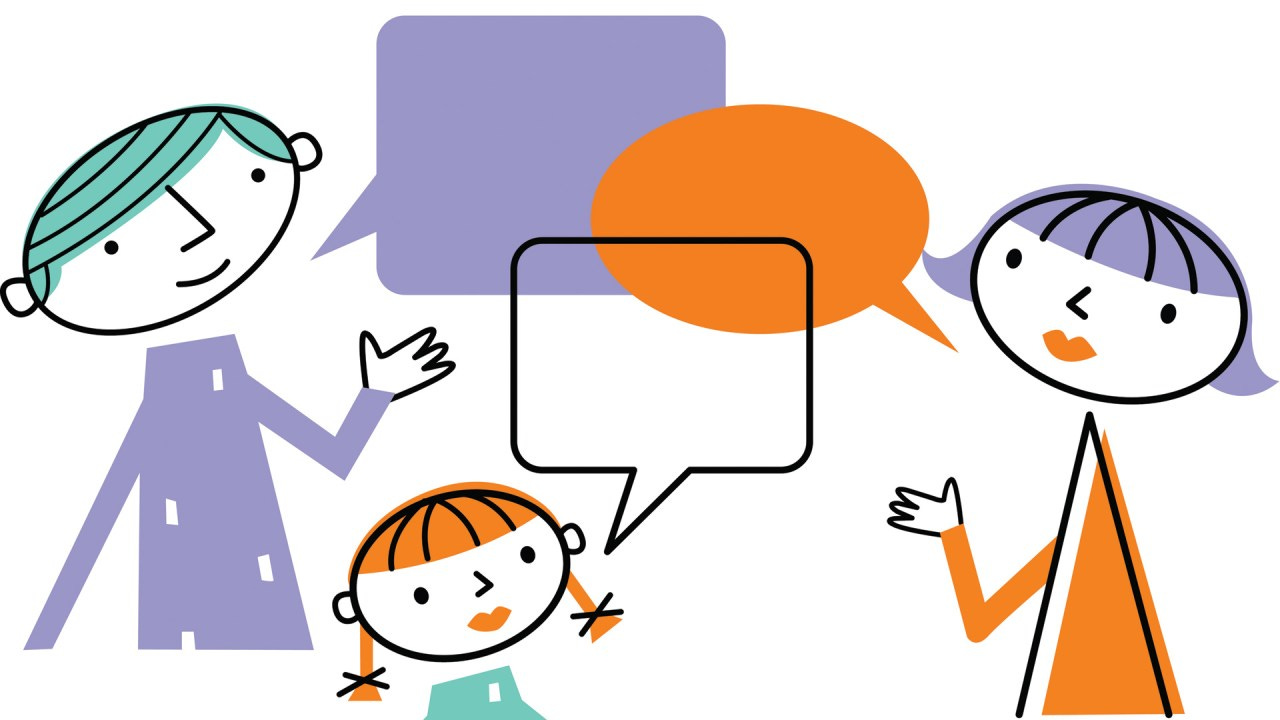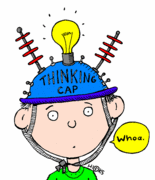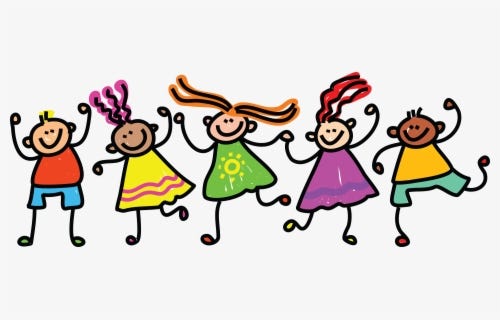The Art of Talking to Children
Communicating with children.
What do children like to talk about? What goes on in their head? What gets them excited? In the age of Instagram, Facebook, and Alexa getting children to talk for even 3-4 minutes is a battle.

But, isn’t it really easy to talk to children?
Not really. While it’s easy to start up a conversation, the question is how to keep it going. What conversations can you have in order to get to know a child? What can you talk about in order to keep a child engaged?
But, how much difference can a conversation make?
Conversations help children grow into the compassionate, resilient people we hope they will be. When we pay attention to their cues and respond, we let our children know they are loved for who they are.
Communication helps them convert their thoughts into words and freely express themselves.
We help them learn to trust the adults in their lives, teach them skills to manage big emotions and challenges, and encourage them to approach others with compassion.
Okay, so what am I supposed to do?
Here is what you can do:
Ask about their day- When I say this, I don’t mean the typical “How was your day?” question. Most children dislike it, and as adults so do we. Try to narrow the question down. For example:
What do you like doing the most?
What was your least favorite part of the day?
What can you teach me?
Did you ever feel unsafe?
These questions get the child thinking and encourage reflection.
Be specific- If you want to understand what the child is interested in, make the questions specific. Instead of asking, “What do you want to become when you grow up?” try asking this:
What problem do you want to solve?
How can you solve the problem?
Whose help can you take?
These questions help the child understand what really matters to them and the path they can take up in order to pursue it.

Be imaginative- If you want to have a fun conversation with the child make the questions visual. Instead of asking “What do you like to do for fun?”, try asking this:
If you were a color, which color would you be? Why?
If you had to choose between living on land, air, or water forever, what would you choose? Why?
If you were 10 years older, what would you do?
These questions help the child ideate and think of different things.

Talk about friends- If you want to understand the social circle a child has ask them about their friends. Instead of asking “ Who is your best friend?” try asking this:
Who are your five closest friends?
What do you do when you see someone who has no friends?
What makes you a good friend?
Amongst your friends, who do you admire the most? Why?
These questions help the child understand that having a best friend is not the most important thing in a friendship. It helps them widen their circle and reflect on the kind of friend they are.

Talk about social issues- By this, I don’t mean to pull out the newspaper and start reading out an article to them. Get them to think about social issues and their views on it. For example:
What are somethings that girls/boys can’t do?
What would you do if you saw someone hitting someone?
Do you think animals and humans are equal?
What is something you wish adults would do differently?
These questions get the child thinking about how they view the world. If the child wants to know more, get ready to pull out a news article in that case.
Remember, talking is a great way to get to know a child you care about them. Limit "big questions" to one or two a day. Make the time to talk with your child about their thoughts and ideas, and show them that you’re interested in hearing what they have to say. The child will value spending time with you when they feel that their opinion is valued- even if it’s different from you.


